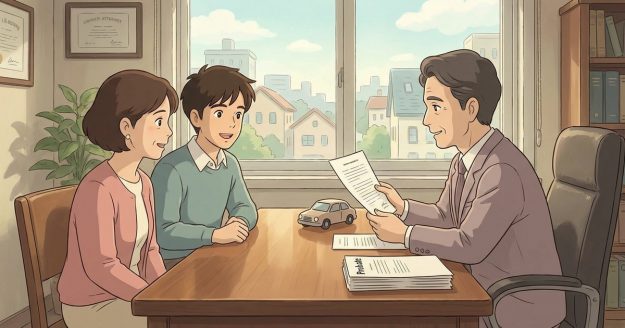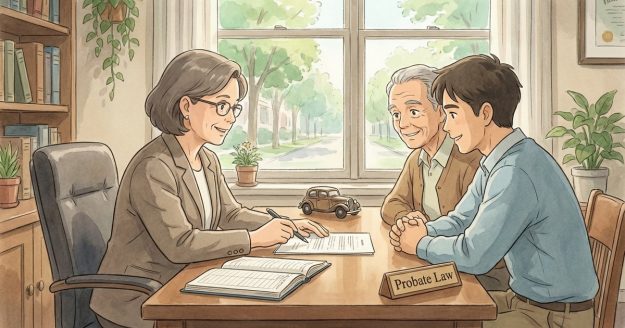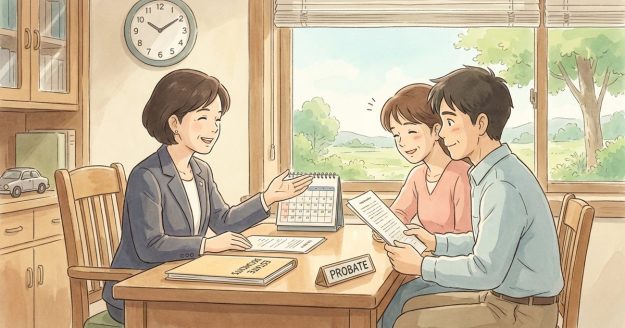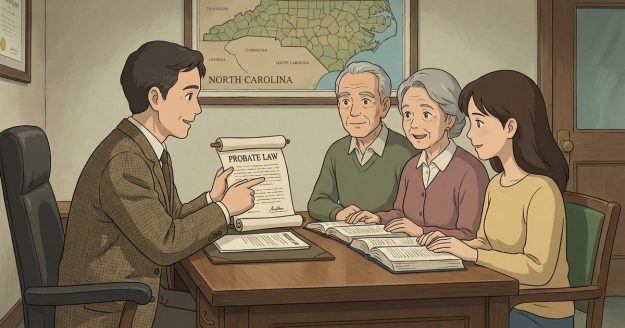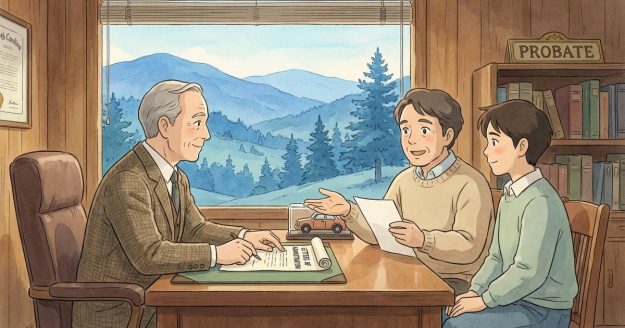How often do I need to update the deficiency and what documents should I bring to the motor vehicle office?
How often do I need to update the deficiency and what documents should I bring to the motor vehicle office? – North Carolina Short Answer In North Carolina, a “deficiency” on a year’s allowance filing is typically updated whenever new, reliable information changes what is being claimed (for example, once a missing title/VIN is confirmed,…


